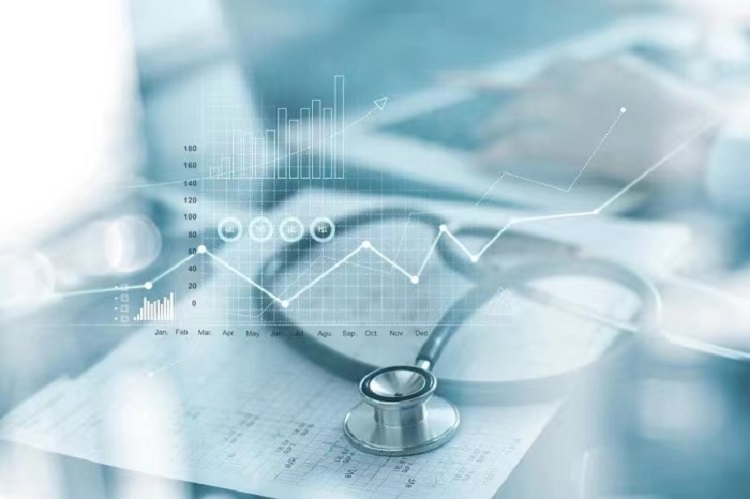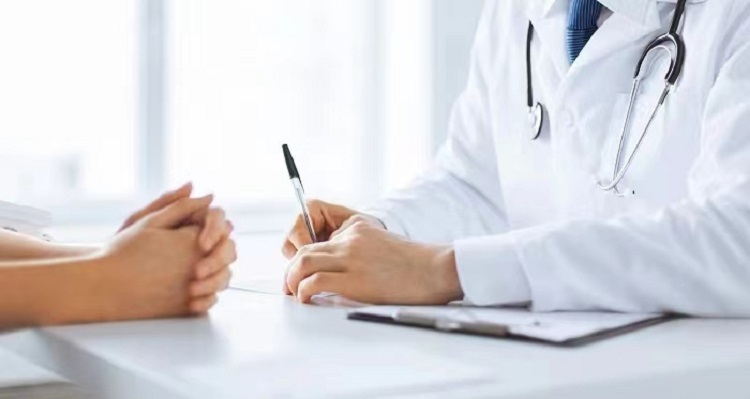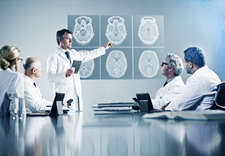News& Information
-
Medical Trends
 Home -> News& Information -> Medical Trends
Home -> News& Information -> Medical Trends
Preparation Tips for Your Health Check-Up

With the improvement of living standards, health awareness is also increasing. Regular physical examinations have become an important means for people to maintain their health.
However, many people are often worry or confused before the physical examination and ignore some key precautions.
Today, we will introduce the precautions before the physical examination in detail, so that you can easily cope with the health check!
01. Pay attention to dietary adjustments
Dietary adjustments before the physical examination have an important impact on the examination results. Generally speaking, you should avoid consuming too greasy, spicy, and irritating foods three days before the physical examination to avoid affecting the detection of indicators such as liver and kidney function. Do not drink alcohol, and avoid strong tea, coffee, milk tea, and other soft beverages.
If there is a stool occult blood test in the examination items: do not eat spinach, animal blood products, or pig liver before the physical examination. These foods may affect the test results and cause the results to be "false positive".

In addition, it is best to fast for 8 to 12 hours before the examination, avoid drinking too much water the night before the physical examination, and fast on the morning of the examination day and try not to drink water. For some patients with chronic diseases who need long-term medication, they should arrange the medication time reasonably under the guidance of the doctor, drink a small amount of water, and never stop the medication without authorization.
02. Comfortable and convenient clothing
On the day of the physical examination, wearing comfortable and convenient clothing will help you complete various examinations smoothly. It is recommended to choose loose and easy-to-take-off clothes and avoid wearing tights, dresses, and other clothing that are inconvenient to take off and change. To facilitate electrocardiogram and other examinations, it is recommended to wear short-sleeved or sleeveless tops.
On the day of the physical examination, the framed glasses should be worn instead of the contact lenses. Guests with glaucoma should not use eye drops on the day of the physical examination to avoid affecting the intraocular pressure test.

If there is an MRI examination during the physical examination, you should avoid wearing clothes with metal: such as clothes with metal zippers, metal buttons, and metal decorations, Especially for female examinees, underwear without steel rings should be selected. Because the MRI equipment will generate a strong magnetic field, metal objects may be attracted by the magnetic field, causing harm to themselves, and will also interfere with the test results.
03. Work, rest and exercise
Sleep time: Three days before the physical examination, maintain a normal work habit and rest schedule, and sleep 7 to 8 hours the night before the physical examination.
Exercise: Do not do strenuous exercise the day before the physical examination.

Female examinees should note: Do a health check three days after the menstruation is over. Please stop taking vaginal medication, do not use wash fluid, and avoid sexual intercourse the day before the health checkup to avoid affecting the accuracy of cervical cell testing.
04. Relax mindset
05. Other precautions
①. Carry relevant documents and information
When going to the physical examination center, be sure to bring relevant documents and information. These documents and information usually include passport, ID cards, appointment forms, past medical history records, etc. For users who have purchased physical examination packages, they must also bring proof of purchase. Carrying these materials will help doctors better understand your physical condition and provide you with more accurate examination services.
②. Inform the doctor of past medical history and medication use
When undergoing a physical examination, be sure to inform the doctor in detail of past medical history and medication use. This helps the doctor understand your physical condition more comprehensively so that he or she can focus on possible health problems during the examination.

③. Follow doctor's advice
After the physical examination, the doctor will give you corresponding advice and guidance based on your examination results. Please be sure to listen carefully to the doctor's advice and implement it in your daily life. In this way, you can better maintain your health and prevent potential health problems.
Precautions before the physical examination should not be ignored. Only by fully understanding and following these precautions can you ensure the accuracy of the physical examination results and better maintain your health.




